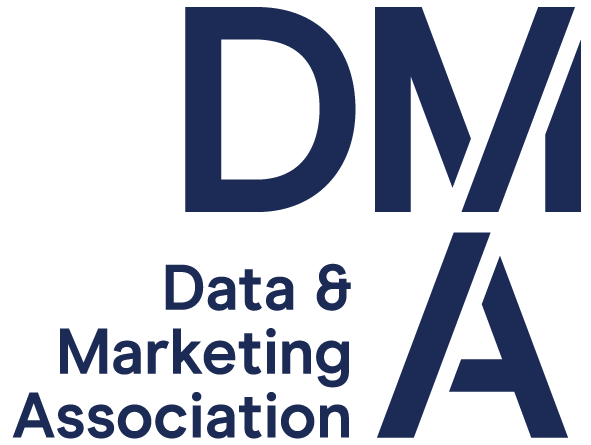This is a big question and one we’ve heard a few times before.
Who needs telemarketing?
Apparently, quite a few businesses do. Let’s set the scene.
You’re a business. You need a constant flow of qualified prospects; you need to communicate with them, engagement, build relationships.
Now, there’s a variety of ways you can do this.
You’ve got inbound marketing including PPC, SEO, paid Social Media advertising and more. Using these methods you can drive a prospect to a page, a website, an advert, an email.
But, you can’t speak to them one on one. You don’t have that straight, open communication that’s needed to qualify leads appropriately. There is no two-way conversation.
There isn’t anything wrong with digital marketing, but once you’ve got a red-hot inbound lead, what do you do? You give them a call.
Does it work for all industries?
Okay, so there’s no one size fits all situation for businesses, but this is the same for any marketing channel. It’s about the right mix of what works for you your target audience.
To put it into perspective, we’ve worked on campaigns in the following industries.
- Hospitality
- Finance
- PR/Marketing
- Healthcare
- Manufacturing
- Tech
- Training/Education
… And much more.
That’s a pretty wide audience.
All of which needed something extra in their sales process, whether that was time, more leads, a boost in revenue, or a better return on their business development investment.
But isn’t telemarketing a bit old hat?
There’s a lot of talk about traditional telemarketing dying out. Spoiler alert: it’s a myth.
The reality is that telemarketing will continue to be one of the most effective ways of pushing your prospects down through the funnel towards the sale stage.
Any questions or objections that an individual may have about your product or service will be answered in a call, where they might not have had the chance beforehand.
And remember, in a B2B environment, people buy from people.
So who really needs it?
Telemarketing acts as both a discovery process and a marketing tool that allows you to answer a whole host of questions about a lead as well as understanding more about how they feel about your business and product.
The bottom line? Any business that needs to speak to someone over the phone to sell something, book a meeting, organise a call, learn more about a prospect, is potentially in need of telemarketing.
Without telemarketing, you’re in danger of missing out on making that sale; No call, no conversion. What’s more, it’s personable and can be tailored completely to that prospect during the conversation.
Want to find out more about how telemarketing could be right for you? Get in touch today or give us a call on 0345 241 3038.






